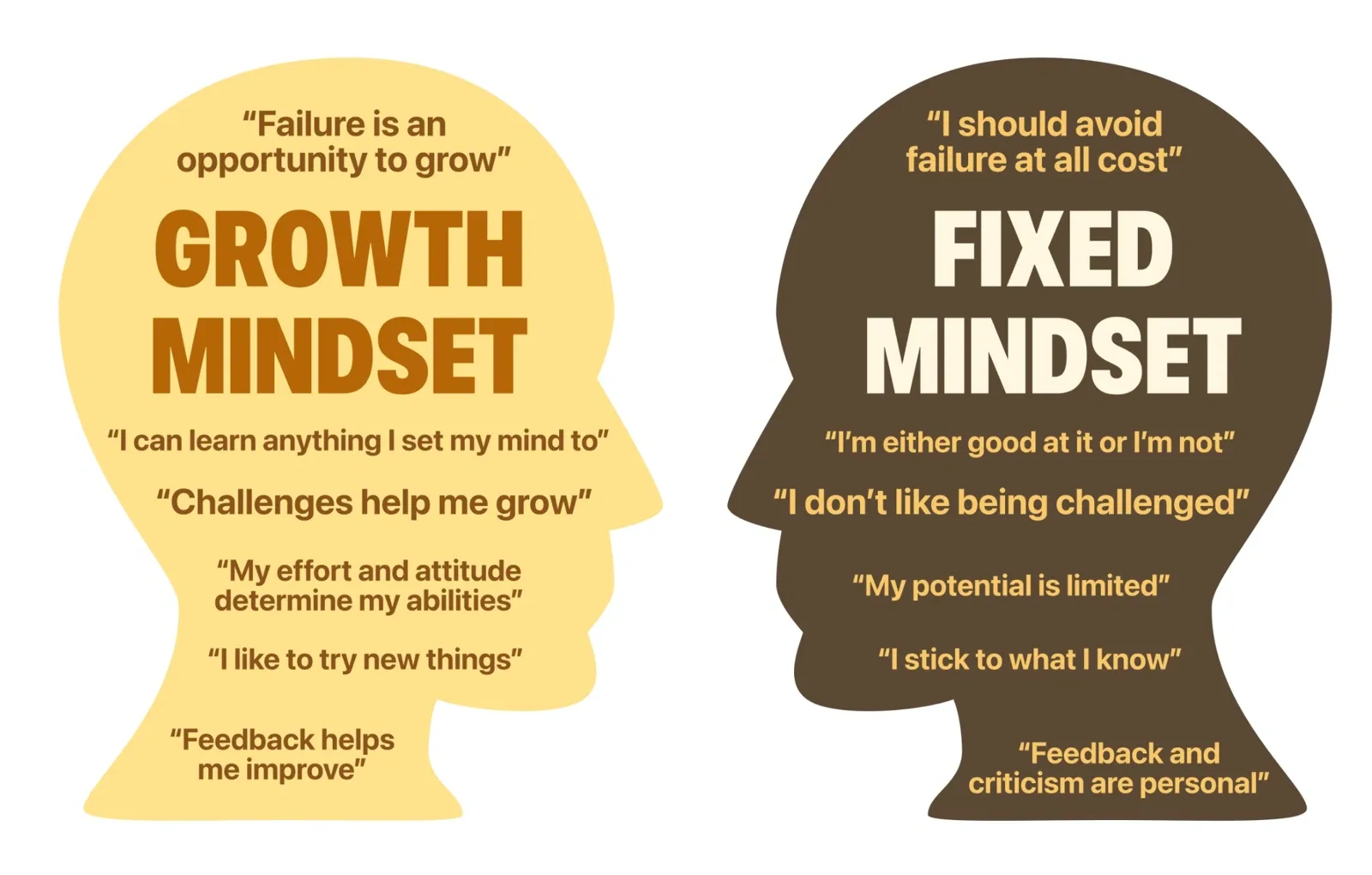So, you got your assessment task back and there’s a little more red ink on it than you’d like…or a lot more. Regardless, it’s a pretty big blow to your self-esteem and feels like a huge setback.
It sucks, but what’s more important, is that you know how to turn things around.
We asked some of our tutors to share their best tips on how to bounce back from a bad mark. As top-performing HSC graduates, they’ve been exactly where you are now, and still passed with flying colours.
So, here’s how to turn a disappointing mark into a better one next time.
1.Adopt a growth mindset
The first thing to do is recognise that the best students aren’t the ones who never fail. They’re the ones who know how to use failure as a learning opportunity to turn things around. If you don’t already think about failure in this way, now is a good time to reframe.
As our Maths and Biology tutor, Yolanda (99.40 ATAR & State Ranker) put it:
It’s helpful to remember that your underperformance in ONE assessment task does not mean that you cannot do better in your next one, and does not mean that you are “stupid” in any way.



2.Reflect and diagnose the problem
It’s never fun to pick apart your own mistakes, but this next step is crucial. Ask yourself the following questions:
- Did you understand the content?
- Did you make silly mistakes?
- Did you not leave yourself enough time to revise?
- Did you run out of time in the exam?
- Did exam stress cause you to mind blank?
Make sure your preparation for the exam block actively targets these problems. For example, if you didn’t have enough time to revise, you might want to rethink your study habits (more on this in Advice #4).
As our tutor English and Physics tutor, Sid J (99.55 ATAR) advised:
If you are making silly mistakes, something that helped me is double-checking each step right after completing it, rather than at the end, where you might be mindlessly flicking through your paper.
3.Actively seek feedback from others
It can be humbling to hear, but constructive criticism is highly valuable. After reading your essay 10 times, a fresh pair of eyes can spot things you didn’t previously see.
Don’t be afraid to ask your peers, teachers, or even tutors, for suggestions or areas of improvement. Be resourceful, and always be looking for different ways to improve.
As our Physics and Chemistry tutor, Euan (99.95 ATAR) said:
I realised the issue was my lack of foundational understanding. In preparation for future exams, I actively sought help from others and consulted multiple online resources to strengthen my understanding of the key concepts.
4.Optimise your study schedule to be more effective
You won’t magically see improvement overnight. Improvement can only happen if you make intentional adjustments to your study routine, and focus on being efficient.
A good study schedule isn’t just about the quantity of hours you put in, but rather the quality of those hours. For example, blocking out 4 hours to “study Biology” and then rewriting your textbook with Muji gel pens and pastel-coloured Mildliners might feel productive, but there are far more efficient ways to retain content.
Our tutor Euan also recommends:
Rather than simply blocking out time to study for a subject, consider the different tasks that could be done for the specific subject. You can dedicate one session to finishing study notes, clarifying key concepts, practicing sample questions or reviewing past mistakes. Be intentional with the time you spend!
Here are some tactics and tools you might want to look into, when rebuilding your study routine for maximum productivity:
- Eisenhower matrix for prioritisation
- SMART goal setting
- Tips for effective note-taking
- Prioritising active recall - blurting method, teaching others, completing practice papers etc.
Final words of wisdom
Long story short, one bad exam block doesn’t define you - it’s what you do NEXT that counts.
Some final words of wisdoms from our tutors:
Believe in your ability to bounce back from a bad mark, and if you’re willing to put in the effort to improve you will definitely see results in your next task.
By the way, be proud if you’ve made it this far, because you’ve already shown you’re willing to put effort in.
Keep it up!









